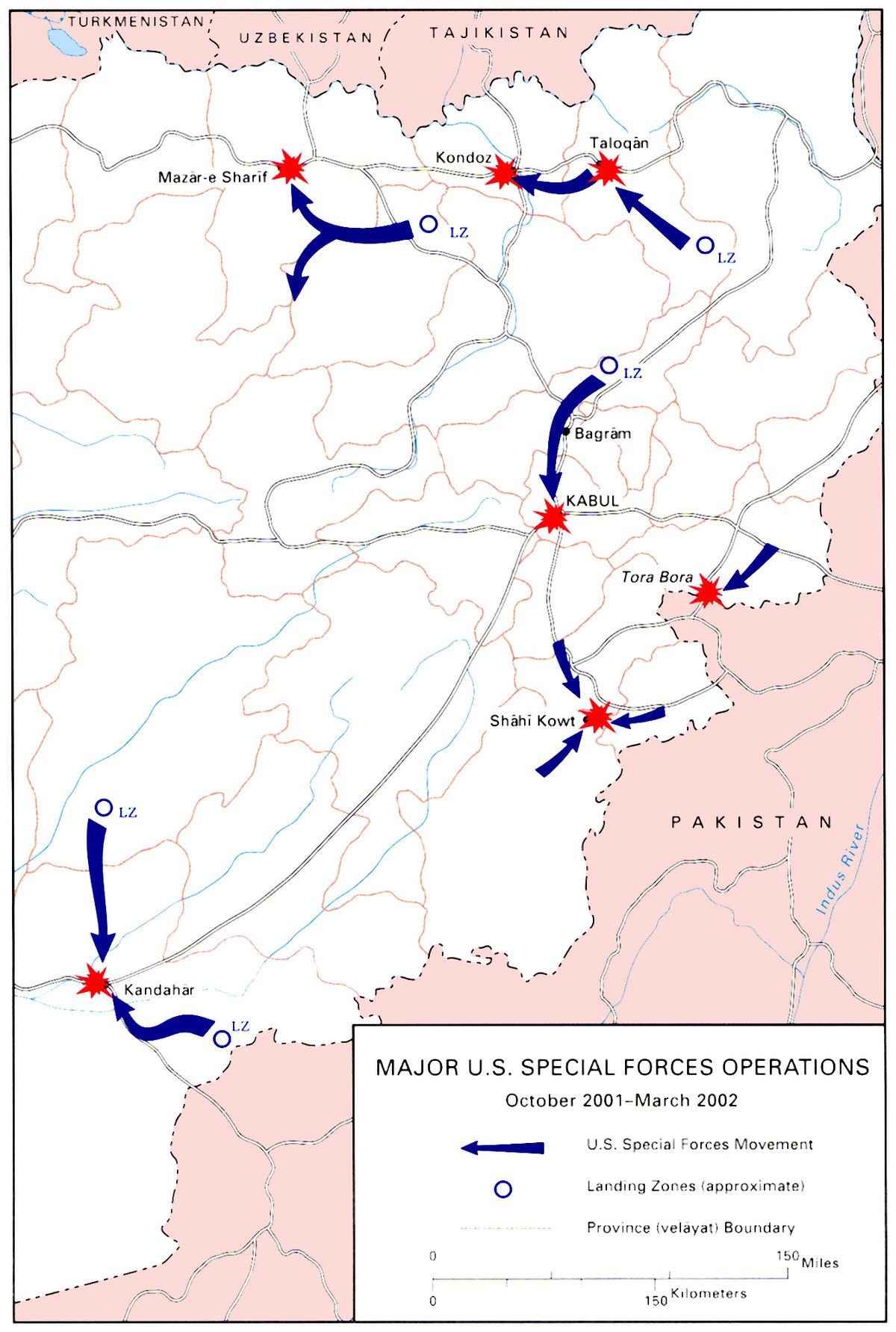We did gang,
We trained them, Afghanis ran ops with us. They had the funding and equipment.
But you can’t train courage.
When we left alot of the fighters we trained threw in the towel.
Lotta Rangers, and Marines got fukked up over training and supporting them.
It was not your fault. Endemic corruption, lack of education and rose colored glasses from the U.S. fukked what could of been an actual deterrent to the Taliban:
Then there was lack of leadership. The Afghan National Army struggled to find qualified commanders to lead the soldiers. Over the years, we met Afghan generals praised by the U.S. military, only to find out later the generals were replaced for incompetence or corruption.
Some generals pocketed pay meant for soldiers. Others were supposed to buy the best rice for their troops. Instead they bought the cheapest and lowest quality possible and pocketed the difference. Still others sold government-issued firewood meant to keep the troops warm.
Frotan said the system was marked by cronyism, with not enough loyalty to the troops. The leaders were not only corrupt. Some of them were illiterate.
"They don't know how to write. They don't know how to read," Frotan said. "How to be professional soldiers and leadership is very, very important."
The lack of education led to basic problems with tasks such as maintaining equipment, from rifles to vehicles, to ordering spare parts.
And not knowing how to write meant these leaders couldn't even read the maps properly. NPR was with an Afghan army unit six years ago when it was shooting artillery rounds at the Taliban. It was off by a kilometer because it couldn't figure out the proper grid coordinates.
Not only that, but Frotan says commanders often had trouble filing simple paperwork to give soldiers time off.
"They don't have enough knowledge, so they cannot make a good schedule for their vacation," Frotan said. So with no proper time off, that meant burnout among the troops, which led to high attrition rates.
Years ago, a U.S. general told us that not only couldn't many of the Afghan officers read or write, but they couldn't count. He said the Americans at times would draw a large rectangle in the dirt, telling the officers they needed enough soldiers to fill that space.
The Afghans could do little without U.S. support. The U.S. soldiers in the field knew the truth. But during this time, from the Defense Department to the White House to Congress, officials had the same thing to say: The Afghan army is getting better every day. They are fighting hard. They are leading.
Many of these problems were outlined in numerous reports by John Sopko, the special inspector general for Afghanistan reconstruction. But these reports never seemed to resonate with members of Congress or prompt oversight hearings, like the Fulbright hearings during the Vietnam War.
But there was another very powerful fighting force: the Afghan commandos. They were highly trained soldiers, some 22,000 of them among the 300,000 Afghan troops, and they were the backbone of Afghanistan's fighting power. Over the years, they were stretched thin, flying all over the country to back up regular Afghan army units that couldn't or wouldn't fight. They often complained about this to NPR reporters. One told us they were meant for special missions, not to handle basic operations that were supposed to be the job of rank-and-file soldiers.
As the Taliban advanced throughout the country during those final weeks, the commandos faced a chilling reality. One commando from the south told us that no one in his unit wanted to surrender. They were there to fight the Taliban. But the Kabul government ordered them to lay down their arms.
"We were no longer safe," the commando said. "We had to take refuge in our friends' houses, and now we are hiding."
This whole thing was an abject failure that could of been mitigated if not prevented.


